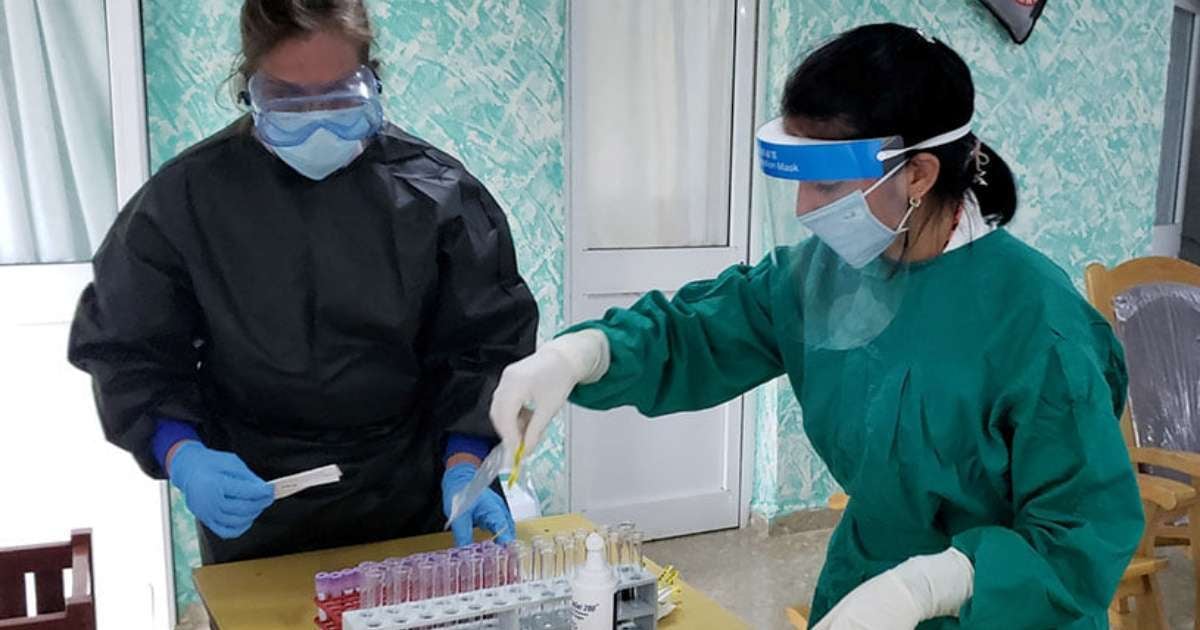
Although COVID-19 ceased to be an international health emergency last May, the virus continues to evolve.
Eight months later, with the drop in temperatures typical of these months, infections have increased in different countries, where a new variant began to circulate.
BA.2.86, called Pirola by the media, is a sublineage of the Ómicron variant of the SARS-CoV-2 virus. It was detected for the first time in July 2023 in Europe.
On November 22, the World Health Organization (WHO) classified it as a "variant of interest", a category that includes variants of the virus with genetic changes that affect their transmissibility, virulence, ability to evade antibodies and treatments, and detection, as well as those with greater expansion capacity.
However, it has not been considered a "variant of concern" and the risk level assigned to it by the agency is "low."
For the moment, experts warn that Pirola It is highly contagious, much more than the previous ones.
The symptoms of this new variant are similar to those of the previous ones and usually last between five and seven days, although this figure could increase, depending on the person.
These symptoms are:
-Sore throat
- Those
-Headache
-Congestion
-Sneezing
-Aphonia
-Muscle pains
-Fever
-Loss of smell
-Shaking chills
-Diarrhea
-Nausea and vomiting (in some cases).
This week, the Cuban government asked the population to avoid crowds due to a possible increase in COVID and other respiratory diseases, and resume the preventive hygienic-sanitary measures adopted during the pandemic.
Carilda Peña García, deputy head of the Ministry of Public Health (MINSAP), informed the press that despite the rebound in these ailments in several countries, it has not happened in Cuba, but this should not call for confidence.
The expert stressed that in December medical care for acute respiratory infections, including COVID, decreased compared to the same period in 2022, a behavior that continued in January.
He also said that In 2023, no deaths from coronavirus were reported and the number of serious cases decreased.
"Omicron with its subvariants continues to circulate in Cuba, so until now nothing makes us think that a worsening of the symptoms due to COVID-19 will occur," he stressed.
What do you think?
COMMENTFiled in: